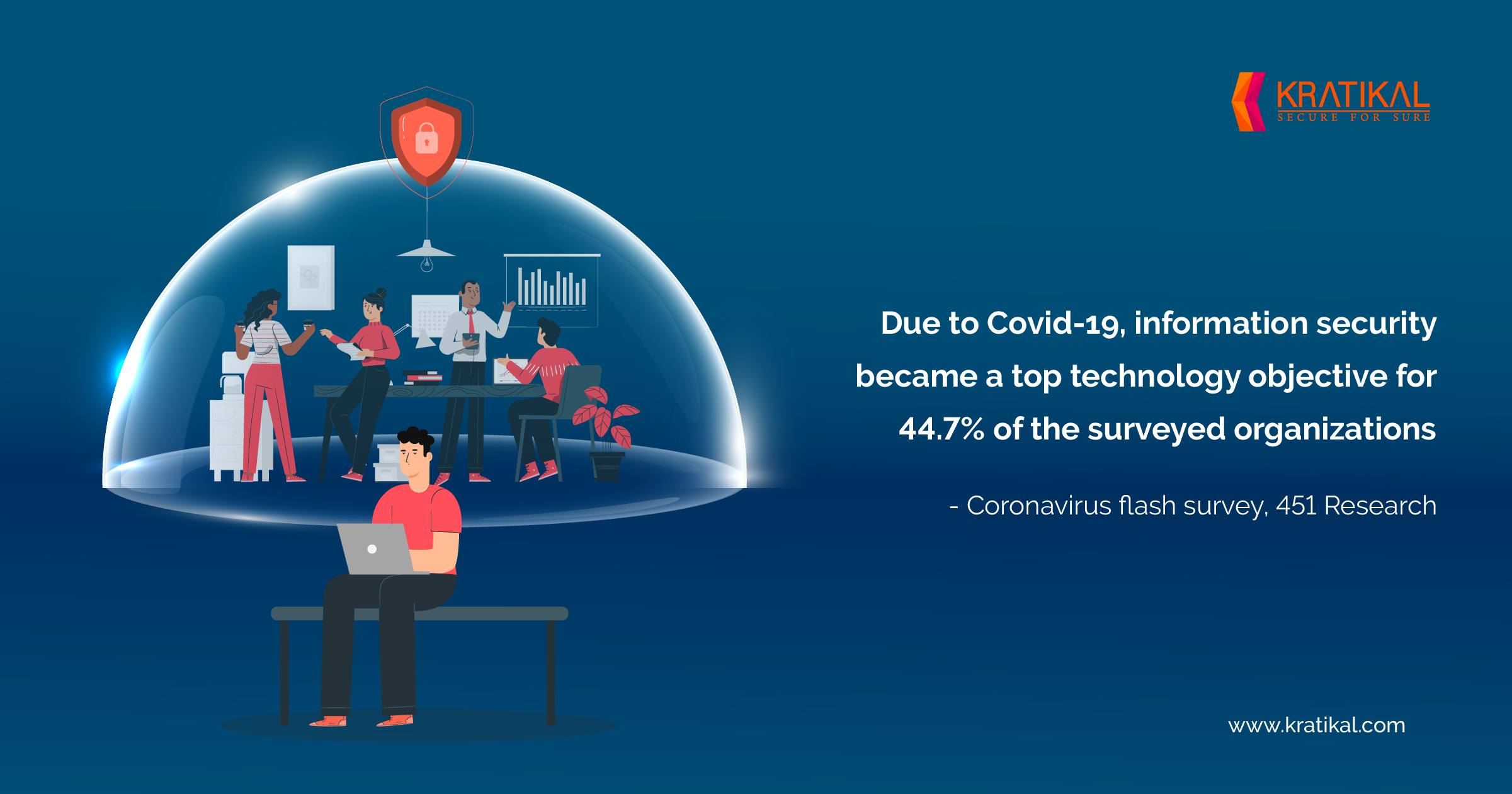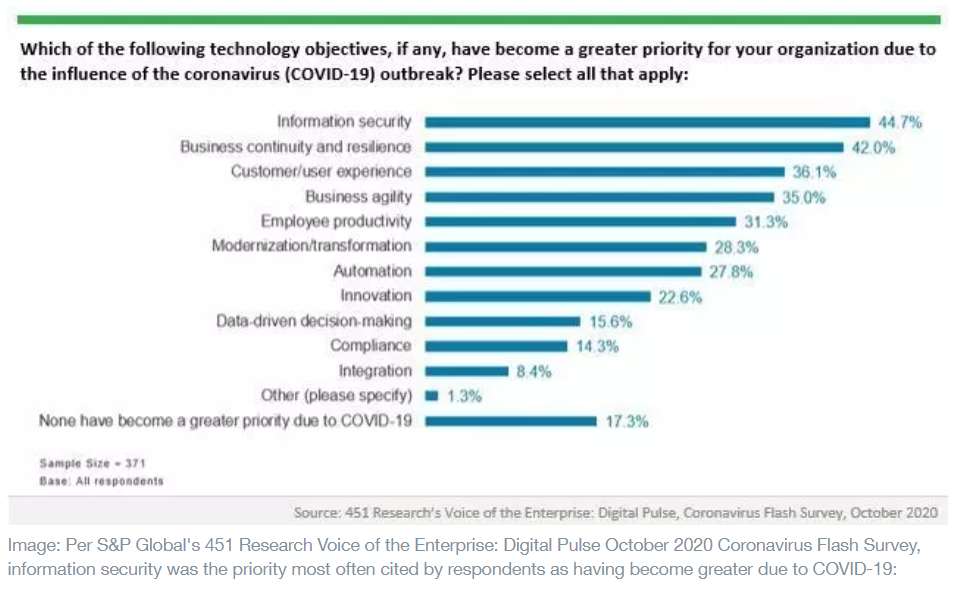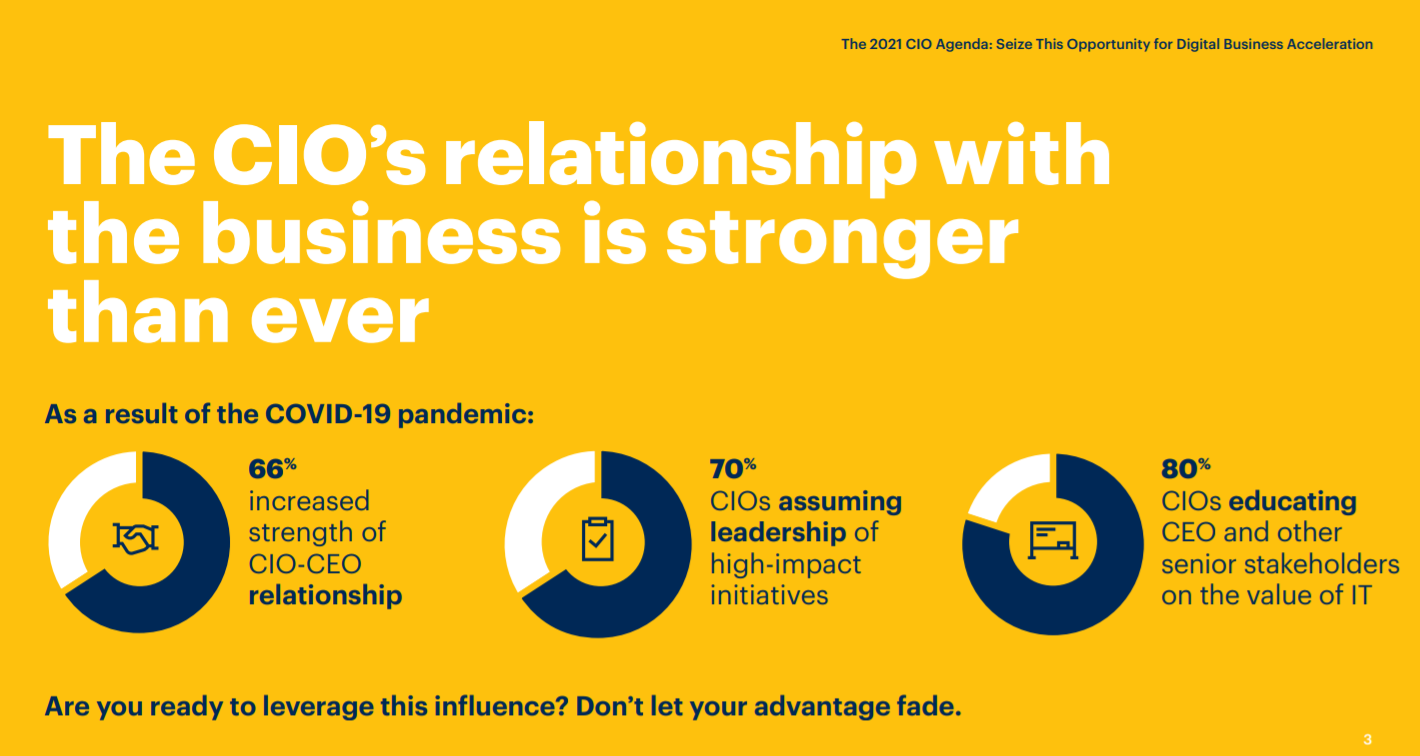

CIOs and CISOs with good foresight can have a positive impact on the overall cyber security outlook of an organization. Securing the organization against cyber threats is a process and every process needs a strong leader to spearhead it. A strong leader has ideas and methods to implement those ideas.
Table of Content
Qualities in a Good Information Security Officer
Being in charge of the cyber security of an organization, CIOs and CISOs have a great amount of responsibility on their shoulders. Even a careless mistake can result in huge losses of time and money. So, what makes a good information security officer?
- Innovation
CIOs and CISOs should have the ability to adapt to the growing pace of technology as well as the threats and opportunities arising from it. They should always be on the lookout for innovative ways to make cyber security easy, hassle-free and effective. - Self-awareness
The ability to be thoroughly aware of your strengths and weaknesses is a major quality in every good leader. It applies to information security officers too. CIOs and CISOs should be well aware of what they lack and how to fill that void. - Hunger for learning
“Leadership and learning are indispensable to each other.” – John F. Kennedy
A good leader never stops learning. The evolution of skills is a prerequisite for finding creative solutions to tricky problems. - Decisiveness
As the leader of a very sensitive department of the organization, CIOs or CISOs should be quick in making decisions. Cyber threats can proceed as a sequence of mixed events very quickly and it is imperative for information security officers to be quick on their feet when it comes to handling such situations.
Insights That Would Interest CIOs and CISOs in 2021
It is important for information security officers to figure out what needs to be done and how to prioritize each task in order to protect their organization against cyber threats. Some of the insights mentioned below would interest information security officers –
- Information Security has Taken the Front Seat
In Oct 2020, 451 Research’s Coronavirus Flash Survey revealed that information security has become a major technology objective for 44.7% of surveyed organizations due to the influence of Covid-19.
Source – Weforum - Information Security Officers are Closer to Business than Ever
Gartner’s 2021 CIO Agenda revealed the fact that as a result of Covid-19, CIOs are now working very closely with business heads of their respective organizations. The ever-increasing role of information security officers in improving the business potential of the organization has made their position all the more important.

Source – Gartner - Nothing Can Replace Human Awareness
An article published by CISO Mag in September 2020 revealed that 88% of data breach incidents are caused by employees’ mistakes. If an information security officer could prevent this from happening, imagine the overall business improvement that this will result in.It is possible for information security officers to bring about a positive change in the level of cyber security awareness in their organizations. Using security awareness tools can be a good starting point.
ThreatCop is one such cyber attack simulator and security awareness tool that uses simulation, analysis, and knowledge dissemination for promoting a better understanding of cyber security risks among employees.
A rational cost-benefit analysis would tell you that employee awareness will always be an important part of an organization’s cyber security policy. The benefits accruing to the organization from a more aware workforce can be HUGE!!

- Insider Threat is a Reality
Covid-19 has tested our limits of patience and tolerance. However, some people handle this stress well, others don’t. It is important to understand that the risk of insider threats arising from malicious intent and abuse is now greater than ever. This is majorly due to job security concerns that have grown during this pandemic phase. - Remote Work Culture is Here to Stay
It is a well-known fact that many companies have now opted for remote working – covid or no covid. They believe that remote working can reduce many of their management costs. However, remote working can adversely affect the organization’s threat posture. This is one big reason for the elevated level of responsibility on an organization’s information security officers. Employee education and the use of a strong IAM (Identity Access Management) system can go a long way when it comes to the resolution of this problem.
Cyber security has become a board-level talk for many organizations now. Avoiding the loss of business due to cyber attacks is now a business strategy. Therefore, it is upon information security officers to improve the business potential of their organizations by choosing methods that help in defending against cyber risks.
For an even better understanding of how information security officers go about their business to defend their organization against cyber threats, you can view the following webinar on the topic – How to Guard Your Organization Against Phishing in a Remote Working World?
Other than the points already mentioned in this blog, what more can information security officers do to positively change the overall cyber threat posture of their organization?
Turn Your Employees Into A Cyber Threat Shield
Make your employees proactive against prevailing cyber attacks with ThreatCop!

